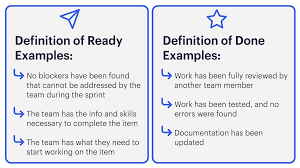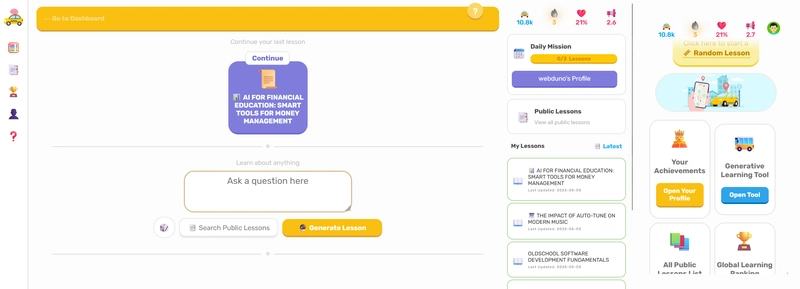Introduction
Building an app is only half the battle—the other half is getting it into users’ hands.
Traditional software requires packaging, distribution, and updates. Web apps? You just hit “deploy”, and it’s live for everyone. Sounds like a dream, right?

Let’s dive into how software shipping compares to web deployment, and why each has its own set of challenges, benefits, and hidden stress points.
1️⃣ Shipping Native Software: A Developer’s Checkpoint Hell
Before a user ever launches a native app, you have to:
- Build binaries for multiple OSes (Windows, macOS, Linux)
- Package dependencies and installers
- Sign code with trusted certificates
- Test across environments
- Publish to app stores or release platforms
- Handle manual updates, patches, and version rollbacks
🧱 Pros:
✔ Works offline
✔ Greater control over system-level resources
✔ No dependency on a browser
❌ Cons:
❌ Slower iteration cycles
❌ High friction updates (especially if users disable auto-update)
❌ Difficult to hotfix once shipped
❌ OS-specific bugs and compatibility issues
💡 Native apps feel “finished” when shipped—which also means more risk if something breaks.
2️⃣ Deploying Web Apps: CI/CD Heaven (or Chaos)
Web development shifted everything left. Now, pushing an update is as simple as:
git commit -m "fix: spacing bug"
git push…and if you have CI/CD set up:
🎉 It’s live.
🔄 Web Deployment Workflow (Typical):
- Code pushed to main
- CI pipeline runs tests, builds assets
- Auto-deploy to staging/production
- Changes reflect instantly (or within minutes)
🟢 Pros:
✔ Ship features quickly
✔ Fix bugs without user intervention
✔ A/B test and roll back in real-time
✔ Platform-agnostic—one deployment for all users
🔴 Cons:
❌ Instant = risky if untested
❌ Breaking changes affect everyone, all at once
❌ Requires strong CI/CD discipline
❌ Browser cache issues can delay updates
💡 Summary: Web deploys are fast—but demand confidence, automation, and rollback plans.
3️⃣ Update Philosophy: Versioning vs Streaming
🖥️ Native Apps
- Traditional versioning (v1.0.1, v1.1, etc.)
- Users manually download or auto-update
- Backward compatibility is crucial
- Apps may live on for years without being updated
🌍 Web Apps
- Continuous delivery—often no visible version
- Small updates shipped daily or weekly
- Users always on the latest build
- Easy to A/B test different UI flows or feature toggles
📌 Dev takeaway:
- Web is great for iteration
- Software needs to be rock solid before shipping
4️⃣ Shipping Tools: Software vs Web DevOps Stack
| Task | Native Stack | Web Stack |
|---|---|---|
| Building | Make/CMake, MSBuild, Xcode | Webpack, Vite, esbuild |
| Testing | XCTest, Google Test, NUnit | Vitest, Jest, Cypress, Playwright |
| Packaging | NSIS, Inno Setup, Electron Builder | Vercel, Netlify, Docker (for APIs) |
| Deployment | App Stores, GitHub Releases | CI/CD: GitHub Actions, GitLab, Vercel |
| Rollbacks | Manual (revert & release again) | Instant (revert commit or redeploy) |
💡 Native apps often require heavier infrastructure and more platform-specific tooling. Web thrives on automation and cloud-first tooling.
5️⃣ Team Workflow Differences
Native Teams:
- QA, Dev, Release, Ops often separated
- Feature cycles take weeks to months
- Releases are rare and coordinated
Web Teams:
- More agile and iterative
- Developers often own the full delivery pipeline
- Releases happen daily or even multiple times per day
💡 In web, "move fast and fix things" is the norm. In software, it’s "measure twice, ship once."
💡 Final Thoughts: Pick Your Pipeline Wisely
✔ Web makes shipping faster, but demands tighter feedback loops and CI/CD discipline
✔ Native software gives you more control, but slows down iteration
✔ In both cases, delivery is a key part of product success—not just an afterthought
💬 Your Thoughts?
What’s your preferred workflow: versioned, packaged software—or fast, continuous deployment? Let’s chat in the comments!
Enjoying the content? If you'd like to support my work and keep the ideas flowing, consider buying me a coffee! Your support means the world to me!




